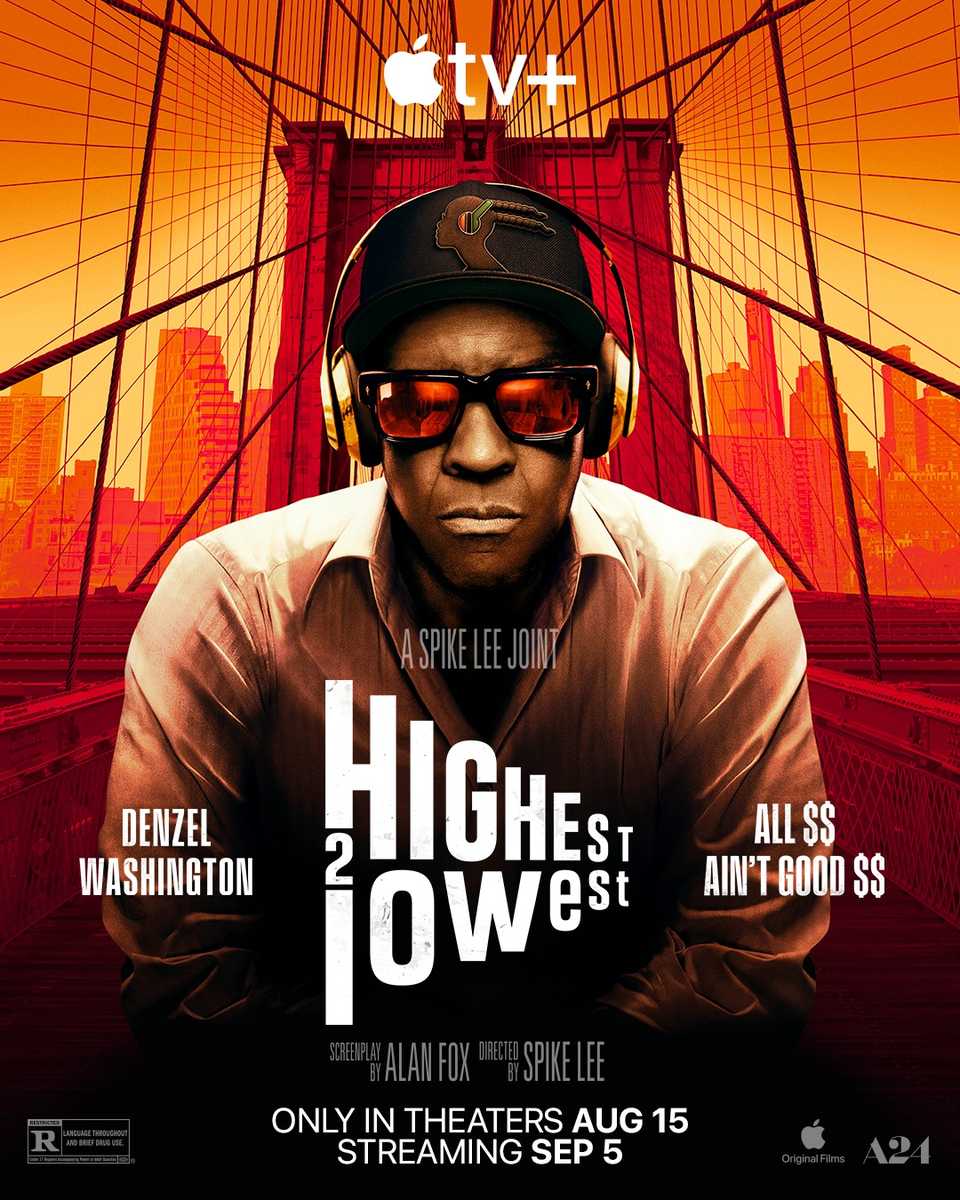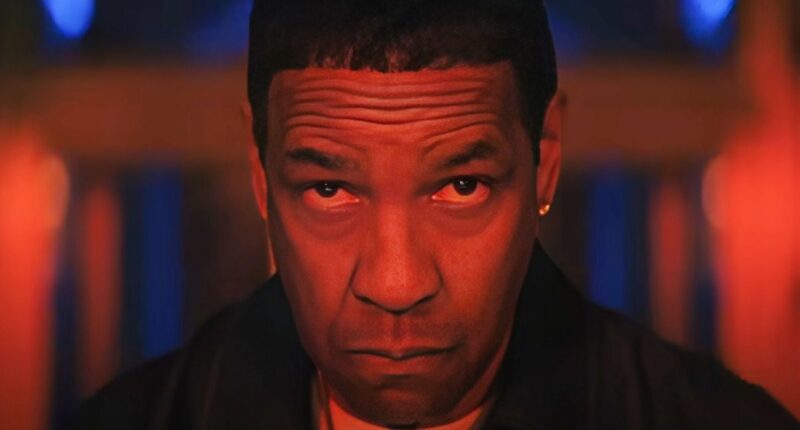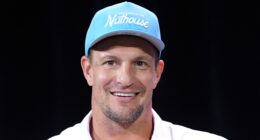Denzel Washington and Spike Lee are one of the greatest muse-artist pairings of our modern age, with Denzel’s steely bravado beautifully complemented by Spike’s robust exuberance. Across 35 years, the two have crossed multiple genres, cultural eras, and attitudes to bring us a five-film collection so essential to American cinema that it should get its own 4K box set. For their latest collaboration, Highest 2 Lowest, the duo are finally stepping to the beat of one of history’s other great muse-artist pairings, Toshirō Mifune and Akira Kurosawa, by remaking one of their highlights, High to Low. It’s not the first time Spike has borrowed from Kurosawa, nor is it the first time Denzel has had to do a role that acting legends have played before. While definitely not the strongest of their many collaborations, Denzel Washington’s performance is arguably the best he’s been in a long while.
David King Feels Like a Combination Of Washington’s Most Recent Work
Make no mistake, Washington has never been less than entertaining and lively in recent work, but much of that work hasn’t been at the level of his own high points. While everybody seemed to love him in Gladiator II (myself included), that spoke less to his individual brilliance and more to how fallow and wrongheaded the surrounding film was and how drastically he elevated the material. He’s carved a niche for himself as an action man who coasts through pulpy thrillers with his maximum coolness factor in films like The Equalizer trilogy, 2 Guns, and Safe House, where he’s consistently sold as someone who barely breaks a sweat when wiping out rooms full of thugs. When he gets to dig a bit deeper into a character, it’s usually a portrait of a tortured man who can’t outrun his own inadequacy, like in Fences or The Tragedy of Macbeth. In each of these modes, Denzel either examines or lives out the fantasies of the highs and lows of how Black masculinity can or cannot operate in the world, whether it’s explicitly in the text or not. With David King, it’s like Washington gets to play all three of those modes at the same time, to towering effect.
‘Highest 2 Lowest’ Gives Denzel Multiple Layers to Play At Once
By taking Kurosawa’s original premise and filtering it through the prism of the conflict between the Venn diagram between race and art and commerce, Spike Lee gives Denzel an even meatier course to chew on. David King isn’t simply a rich mogul who needs to pay a ransom; he’s a defender of Black art who sees his company as the last bastion against white corporations stripping away its soul. Whether he pays the ransom and forfeits his business future or doesn’t pay the ransom to keep his business alive, he’ll still see himself as forfeiting his integrity as a Black man. Since the hostage isn’t his own son but the son of his best friend and chauffeur, Paul (Jeffrey Wright), somebody he knows is in his debt since he gave him the job after getting out of prison, David will be effectively turning his back on another Black man.
This dichotomy is most directly and effectively explored in a scene where David begs the photos of his artistic idols for advice on what he should do, completely at a loss as to how to best continue their legacy. The material already has this character torn in so many disparate directions at once, but Washington’s punch-drunk and staggered performance brings a Shakespearean pathos that turns his perceived selfishness into guilt over not being able to single-handedly carry the burden of preserving an entire culture. It’s this private shame lurking under his swaggering regality that’s key, like when his son accuses him of having the best ears but the coldest heart, a clunker of a line that still stings when you see how Denzel subtly freezes and submits to the accuracy of that shot. This has always been one of Denzel’s superpowers: his ability to show us the fragile human cost of keeping up a charismatic facade even as we’re still enamored with witnessing that facade.
It’s So Much Fun To See Denzel and Spike Cook
For as much doom and gloom as that may sound, it undersells just how exciting it is to watch Denzel Washington when he can finally have some fun. After all the soul-searching and parental purgatory of trying to transfer the ransom money, David’s face-off with the kidnapper, Yung Felon (A$AP Rocky), is the moment he gets to put the money where his mouth is about his creative ambitions, and Denzel gets to do something we’ve somehow never seen him do before. This isn’t one of the great Denzel-Spike movies, but this face-off sequence is one of the best individual moments they’ve ever made, an explosion of hip-hop opera where the power of David’s musical ideas is so strong that they dictate the fabric of reality.
Much has been justifiably made about how A$AP totally holds his own against Denzel, but I was just as mesmerized by the spectacle of seeing Denzel rap with real authority, words mellifluously flowing out of his mouth at a steady clip, but still with his signature precise ruthlessness. We really needed a moment where we could bear witness to why David would be thought of as a tastemaker, and it was a bold choice of Spike Lee to have that moment come so late. But that’s why any time Denzel Washington and Spike Lee team up, it’s must-see cinema, because Spike has a special ability to get Denzel to do things we won’t see him do anywhere else. Highest 2 Lowest may not have the effortless embodiment of New York City of Inside Man or the more twisted familial scars of He Got Game, but it’s the most direct embodiment of their shared artistic mission statement, which is made thrillingly compelling by Washington reminding us once again why he’s still the king.

Highest 2 Lowest
- Release Date
-
August 15, 2025
- Runtime
-
133 minutes
- Writers
-
Alan Fox, Akira Kurosawa, Hideo Oguni, Ryūzō Kikushima, Eijirō Hisaita, Evan Hunter
- Producers
-
Todd Black, Jason Michael Berman










